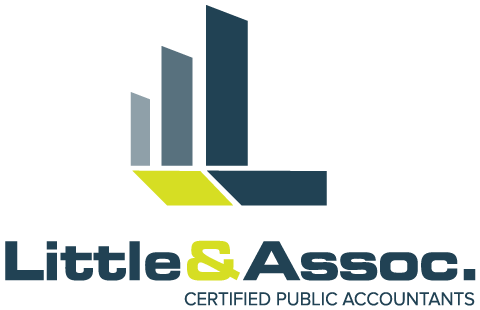What To Expect In An Annual Affordable Housing Audit
If you manage a LIHTC property or a nonprofit housing organization, annual affordable housing audits are part of the rhythm of operations. Think of them as a structured checkup: confirming the story your financials tell, satisfying investor and lender requirements, and laying the groundwork for smooth filings and compliance.
Why these audits matter
Audits reassure partners that cash, reserves, and project activity align with program rules. They’re often required by state agencies, lenders, or investor agreements. For properties from Mid City Baton Rouge to Houston’s East End—and rural communities like Delhi and Tallulah—clear planning keeps the process efficient.
What your auditor will request
Expect a PBC (prepared-by-client) list that includes the trial balance, bank statements, debt agreements, management agreements, invoices for larger spend items, and support for specialized items such as developer fees, surplus cash, and restricted escrows. If your project has HUD components, your auditor will map accounts to HUD templates to streamline REAC reporting.
Typical timeline
- Planning call and PBC list
- Fieldwork (on-site or remote)
- Partner and lender tie-outs
4. Delivery of audited financial statements and management letter
Common findings—and how to prevent them
Unreconciled reserves, unposted accruals, and incomplete tenant support are frequent culprits. Set monthly close deadlines, reconcile bank accounts, and review accounts receivable. If you’re approaching placed-in-service, start organizing documentation for cost certification now so the final audit moves quickly.
Make next year easier
Close your books on a predictable cadence, review year-end journal entries, and keep accurate records. Tie this workflow to your team’s calendar so partners, investors, and auditors stay aligned.
Want a smoother audit cycle and fewer last-minute surprises? Our team can help you plan the year, not just the audit.
